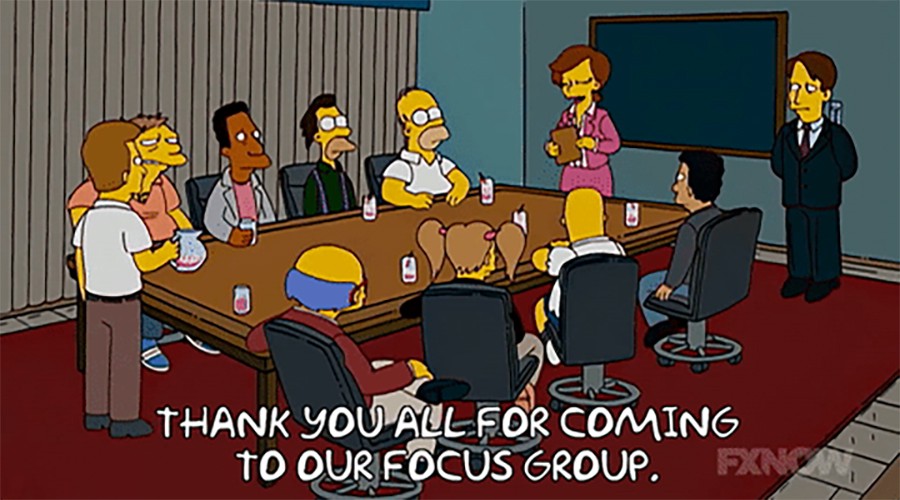Two words no CEO of a seven or eight-figure company ever likes hearing from me are “market research,” as in, “I feel it would be helpful to clarify our value proposition, our strategic advantage, and our audience if we conducted some market research.”
It’s so toxic; I keep those two words in my back pocket at all meetings like an emergency fire alarm in case I want to cut the session short. I could probably write the most concise best selling book in history titled, “How To Make All Your Meetings End Promptly” with just those two words.
So why does someone who bills hourly continue to use those words? Because proper market research is the same as the controls on an airplane or the helpline at any technology company. You can certainly get lucky and land that plane, but it would be a helluva lot easier if you could tell the difference between a runway and a cornfield.
The simple fact is the better and more in-depth the research, the better I am at my job, which is to communicate that singular message of differentiation that matters to a specific group of people.
What’s Market Research?
There are several different market research taxonomies, not all suited for every company. Retail outlets might want to examine a user’s experience with their stores and products. Large brands will use quantitative polling through phone and internet interviews to gauge their performance and popularity with specific demographics in a statistically significant way. In the niches that I work (cleantech, sustainable brands, climate advocacy), qualitative research, most often (but not exclusively) focus groups in which a group of people is moved through a moderated 90-minute session to gather more “language-based” feelings about a brand.
Prior to undertaking either qualitative or quantitative research, I go through a one-on-one research process with stakeholders of a brand to learn what I should be asking about. These more intimate sessions are designed to learn what’s the brand’s personality, how they stack up against their competitors, and whether their words they use about their brand match their actions. Sometimes, with newer companies and those that haven’t established a track record of consistent results, this will be the only research they can afford.
Why Does Market Research Matter?
Science and engineering aside, a business needs a roadmap to success. You would never launch a business without a business plan, so too that business needs to understand what it’s selling, what problem they are solving, who are they selling a solution to, if they have a profitable solution and a customer base willing to pay it, and finally how the customer base perceives the brand.
Without knowing the answer to those questions, it’s impossible to create an effective brand marketing and communications plan. As someone who’s been working in this profession for years, I can make some educated guesses, but a marketing team has a learning curve. We know how to create brand strategies, but that doesn’t mean we understand your technology well enough to make it hit the high notes. And in the words of Albert Einstein, “If you can’t explain it simply, you don’t understand it well enough.”
How Do I Deploy What I Learned By Conducting Market Research?
The knowledge gleaned from market research goes into every facet of a marketing communications plan. Based on how the company wants its brand positioned for the maximum value, it might impact the logo, website design, tagline, copy, social media voice, content, etc.
Specifically, I might recommend a specific look with color schemes and fonts that mirror our message. The visuals (which should be focused on the problem solved, not the technology) are the first thing viewers will notice. Not only do they need to communicate the brand value, but they also should mirror the company’s values. Is copy the best way to showcase technology, or does video make that explanation more easily translatable? If a company is still in a growth phase, investors should quickly get to the proper contacts. The list goes on.
Yes, market research costs money upfront, but like any investment, it saves a company from making expensive communication mistakes later on at the very least and most likely helps them get to their revenue goals with fewer detours. If a company is savvy, they’ll conduct this process once they’ve left the lab, but even mature companies can benefit from a redirect or sharpening of their message.
You wouldn’t send a carpenter out to a job without a saw or send a fisherman to a lake with no bait or nets. The same principle applies to market research. Yes, you can succeed without it, but why would you want to try?

